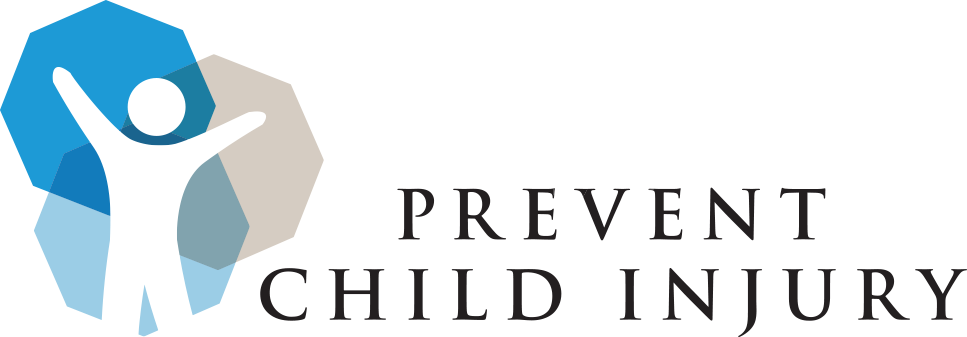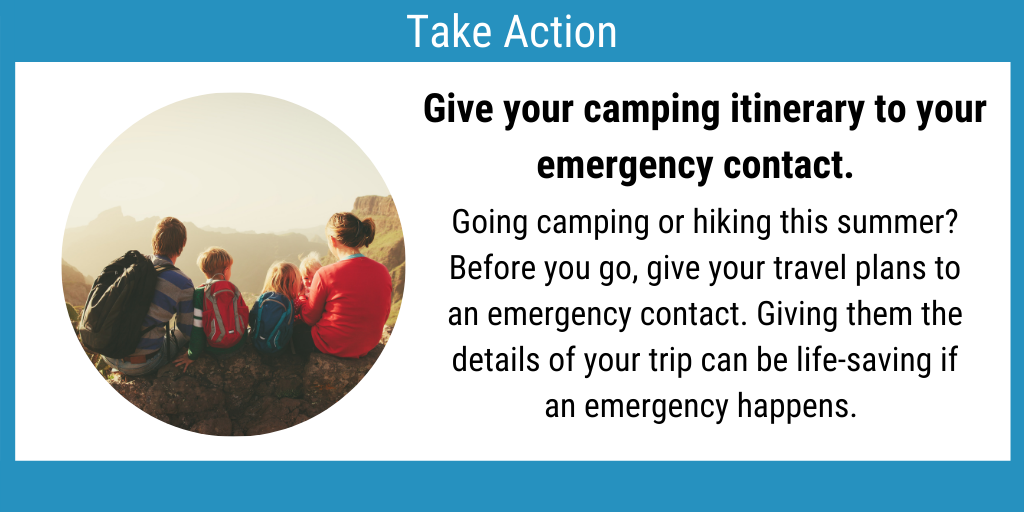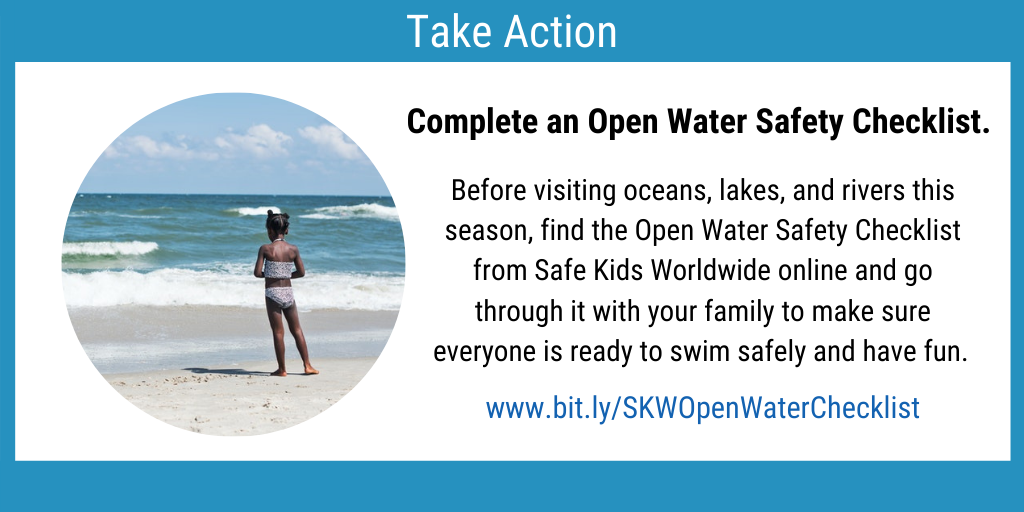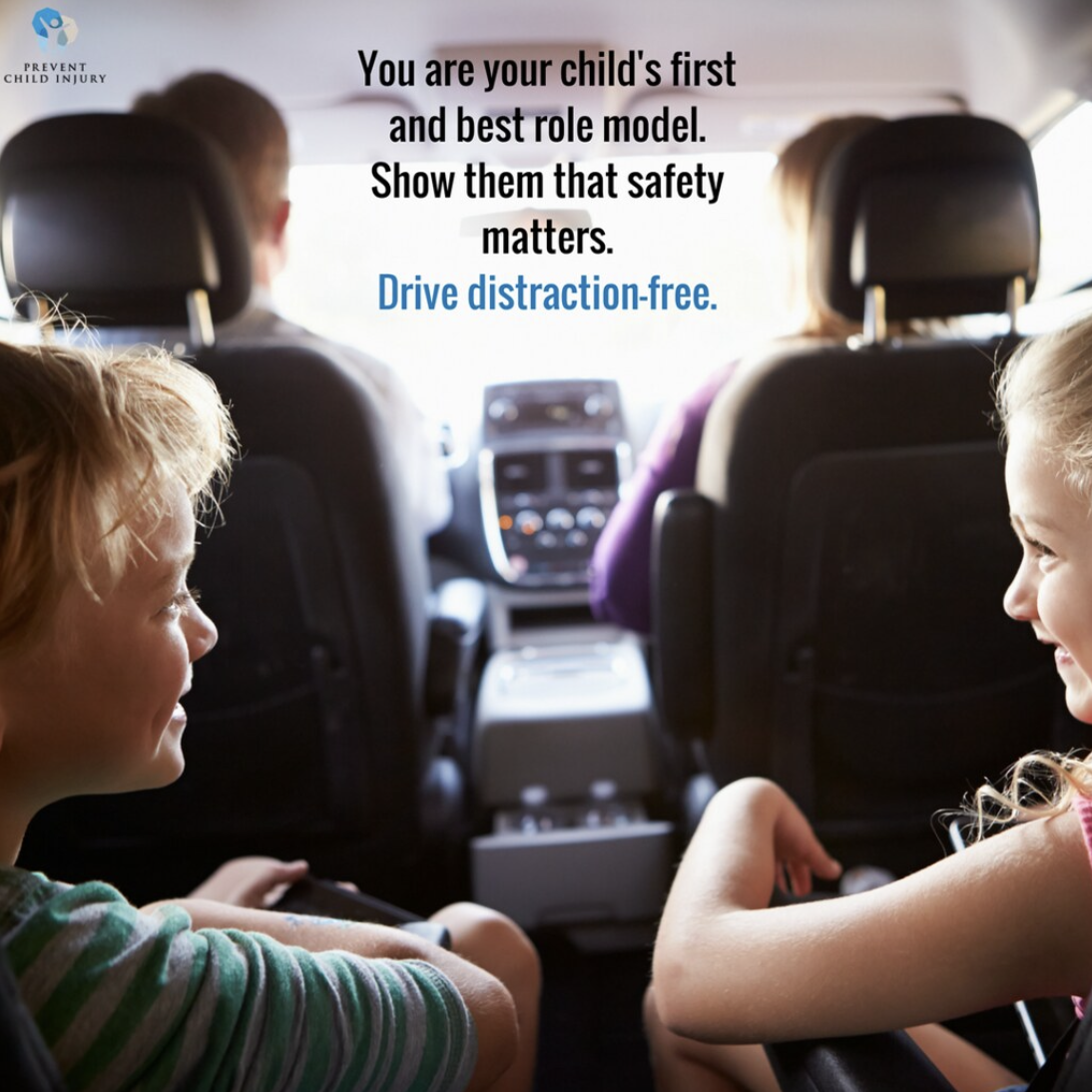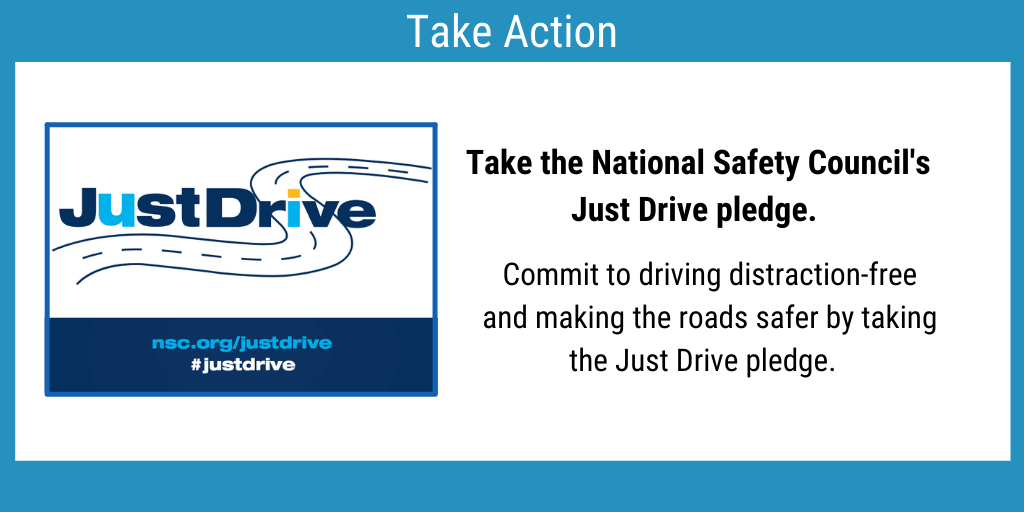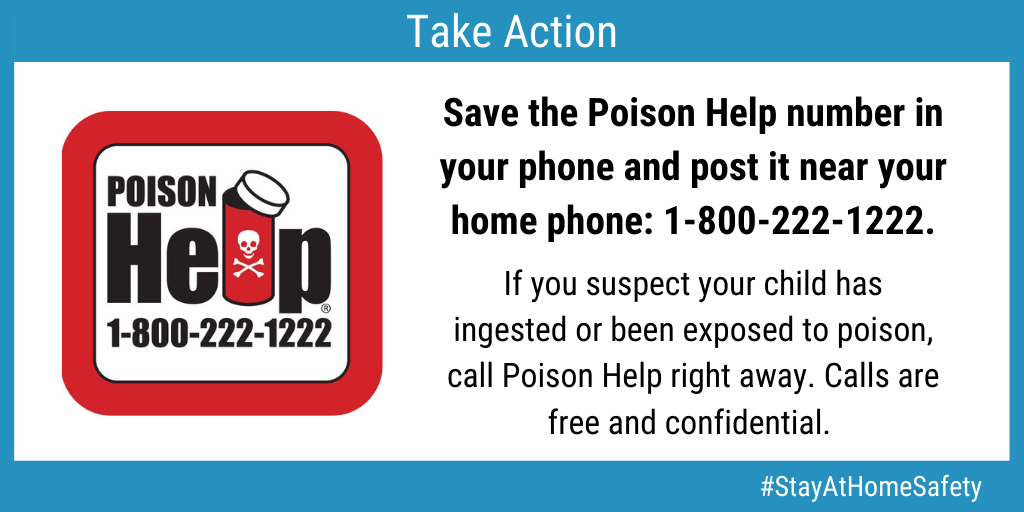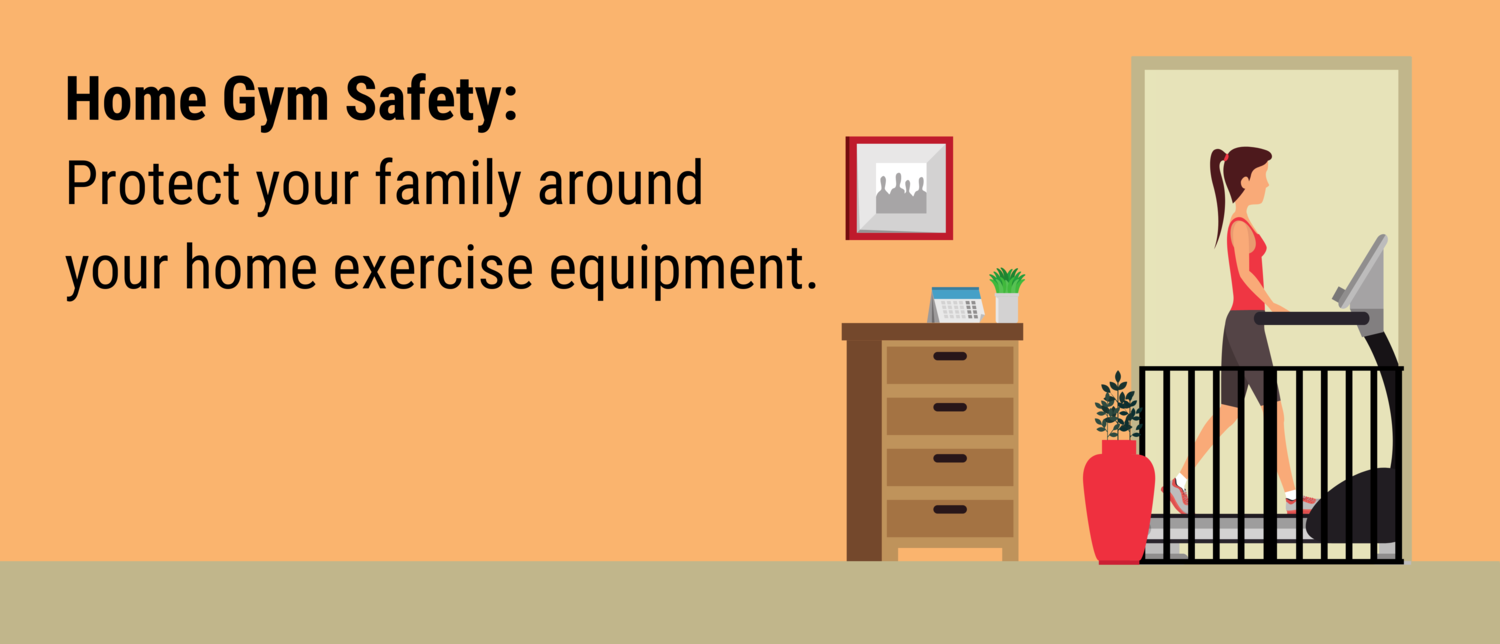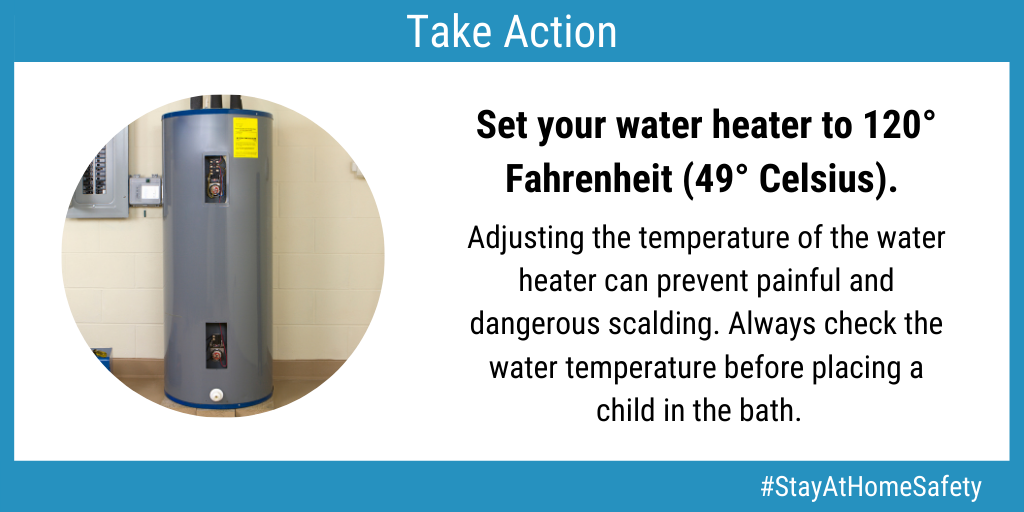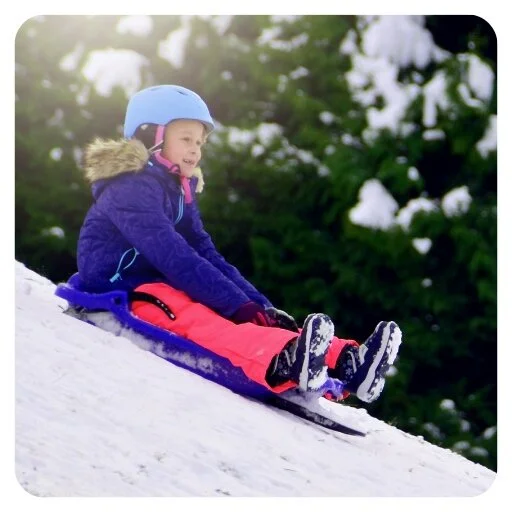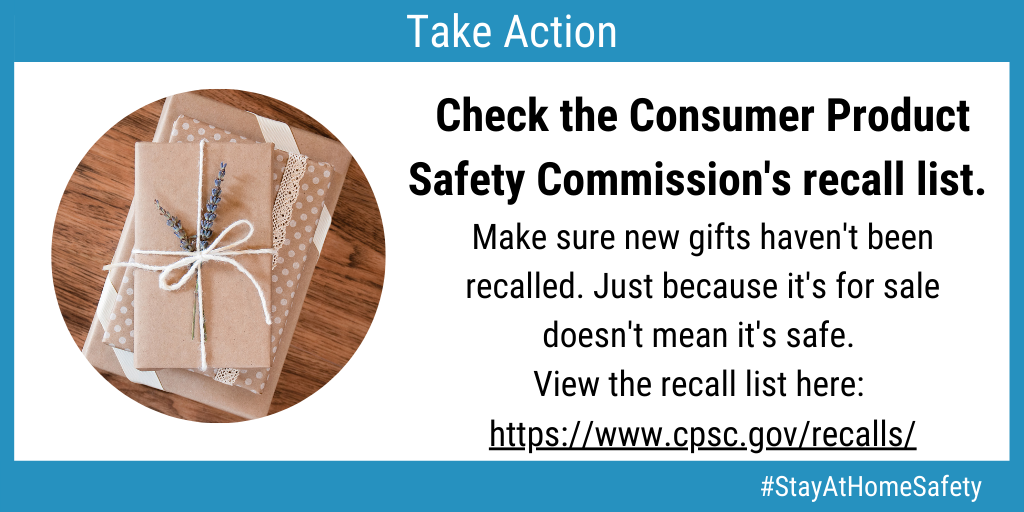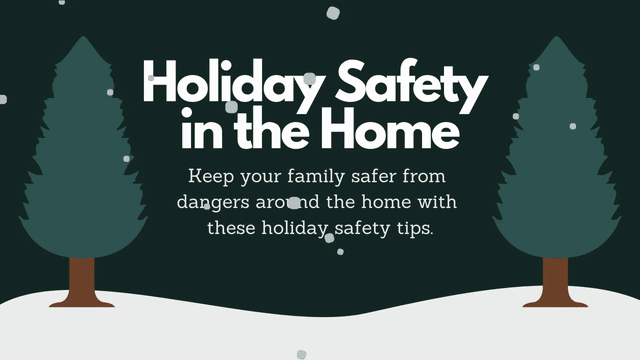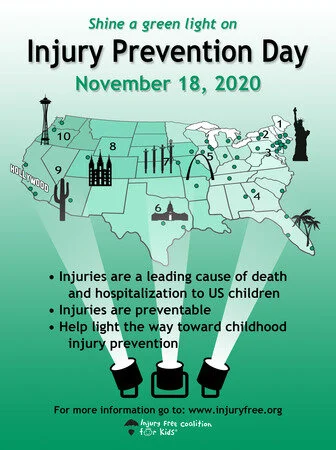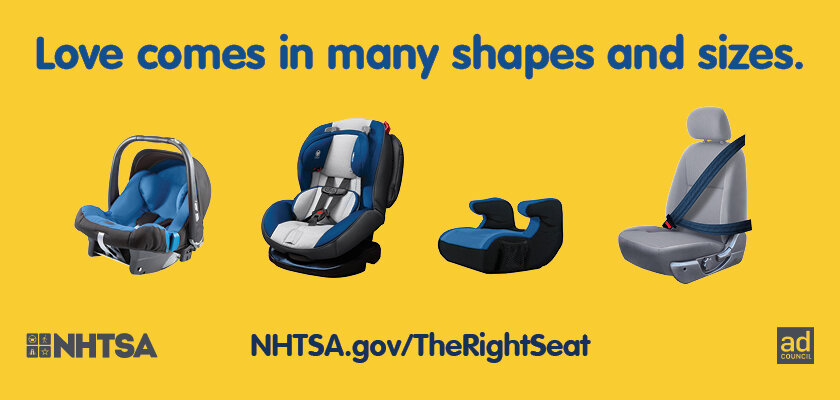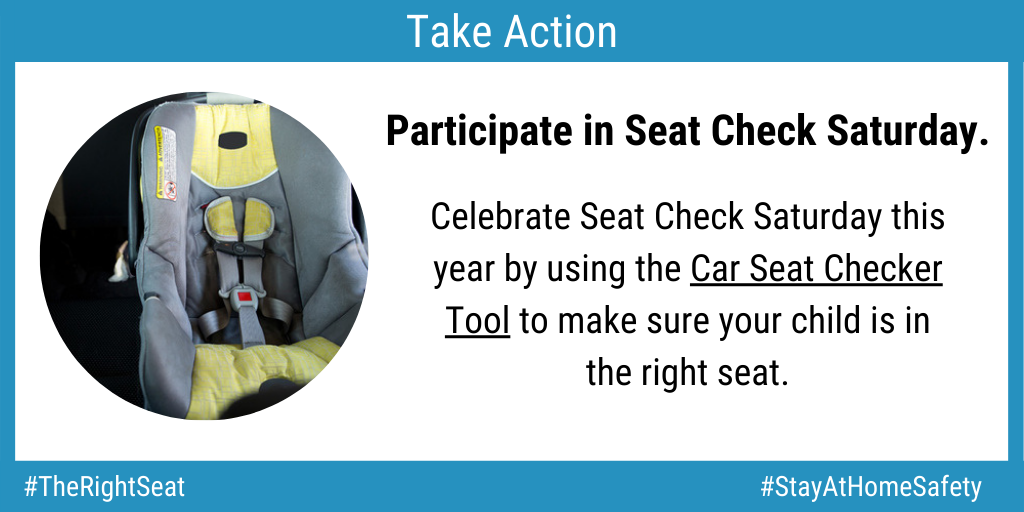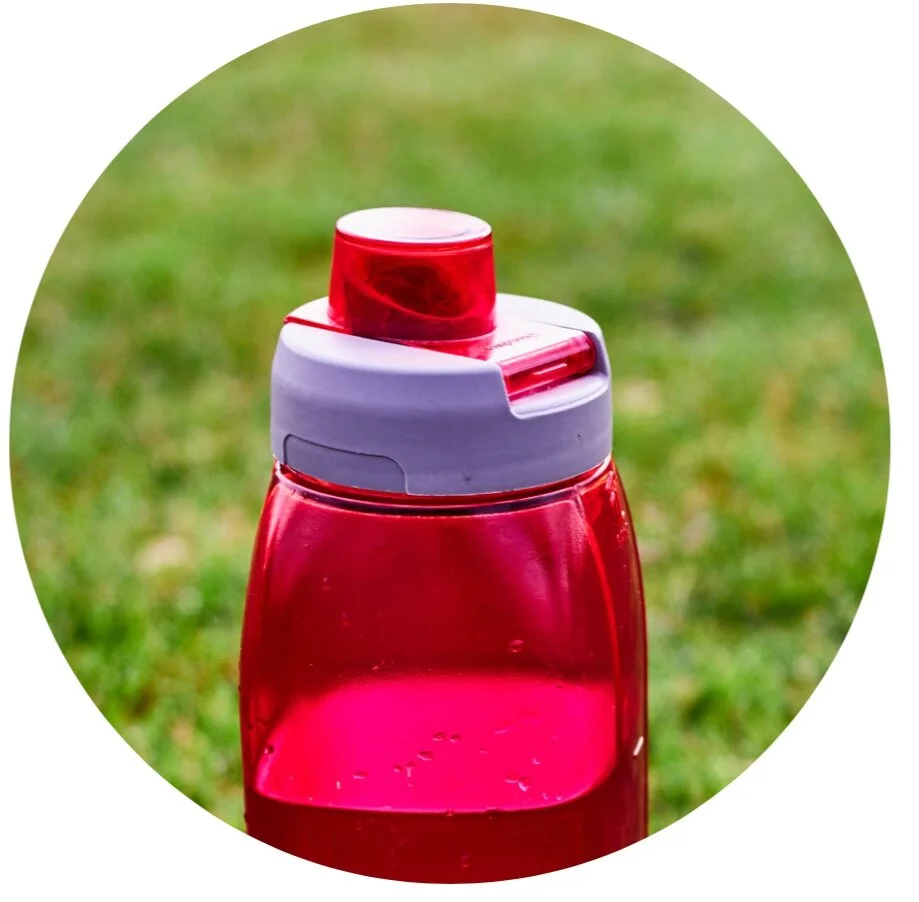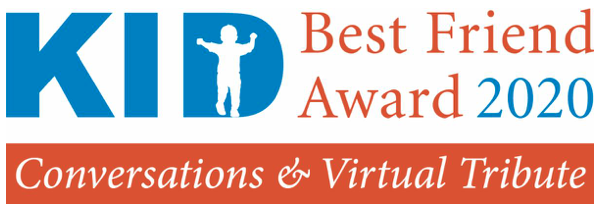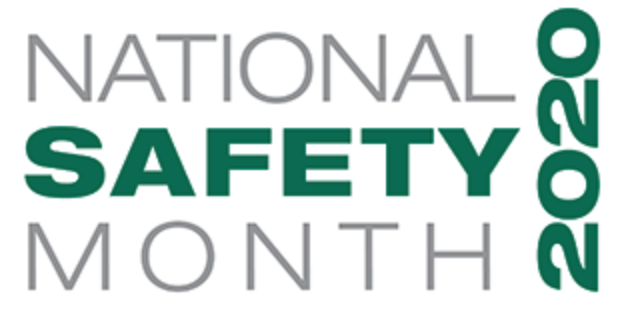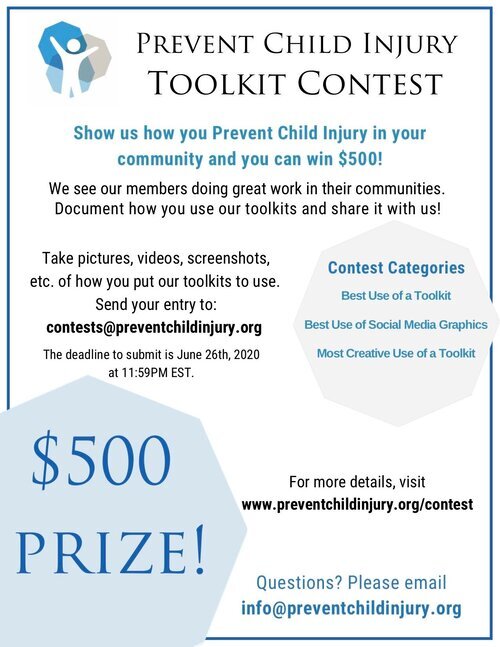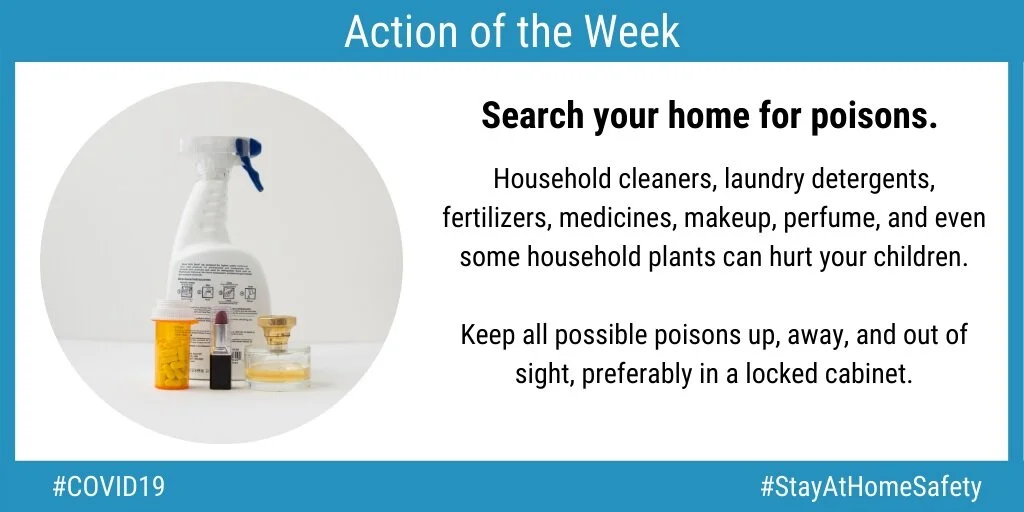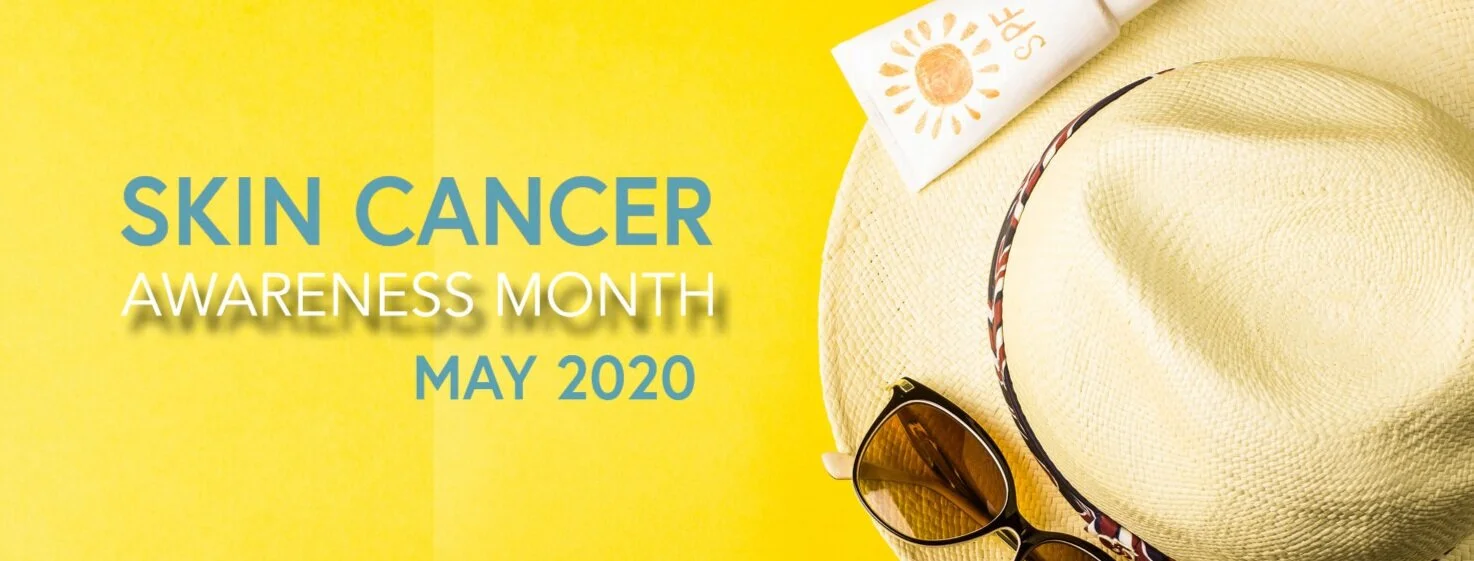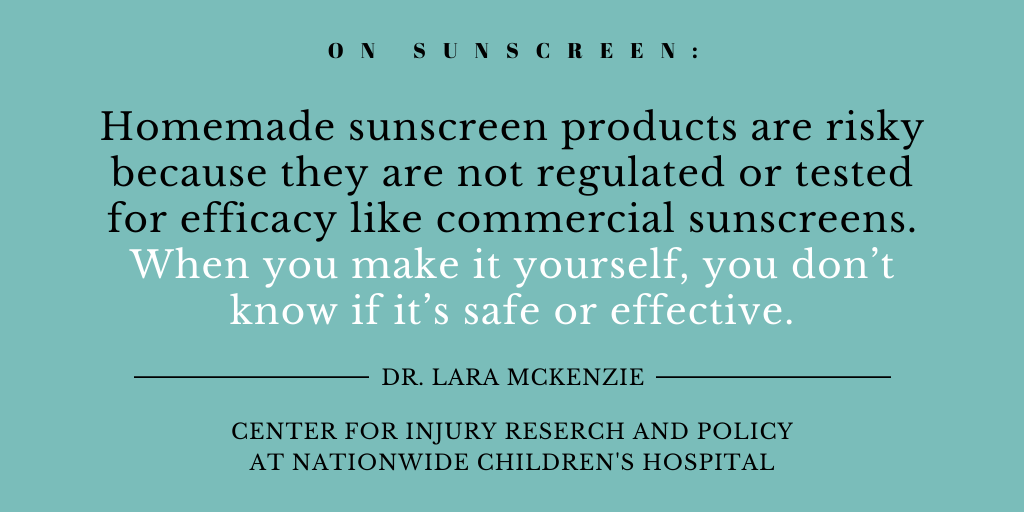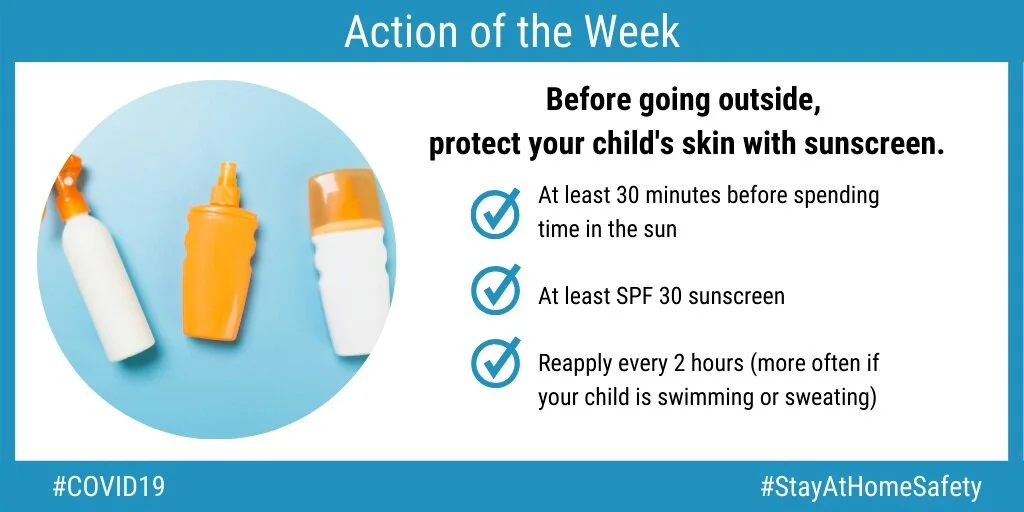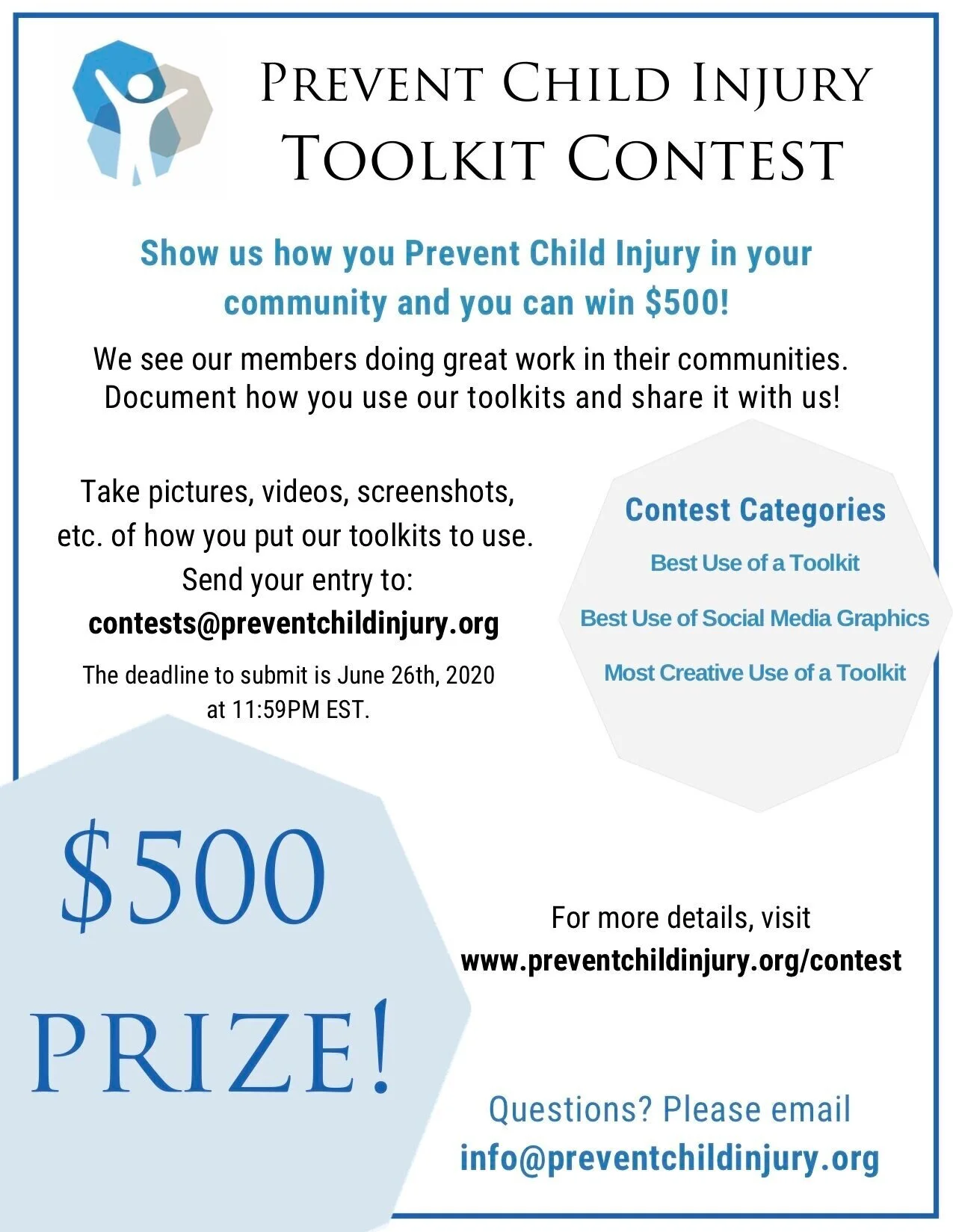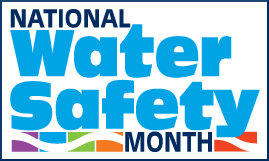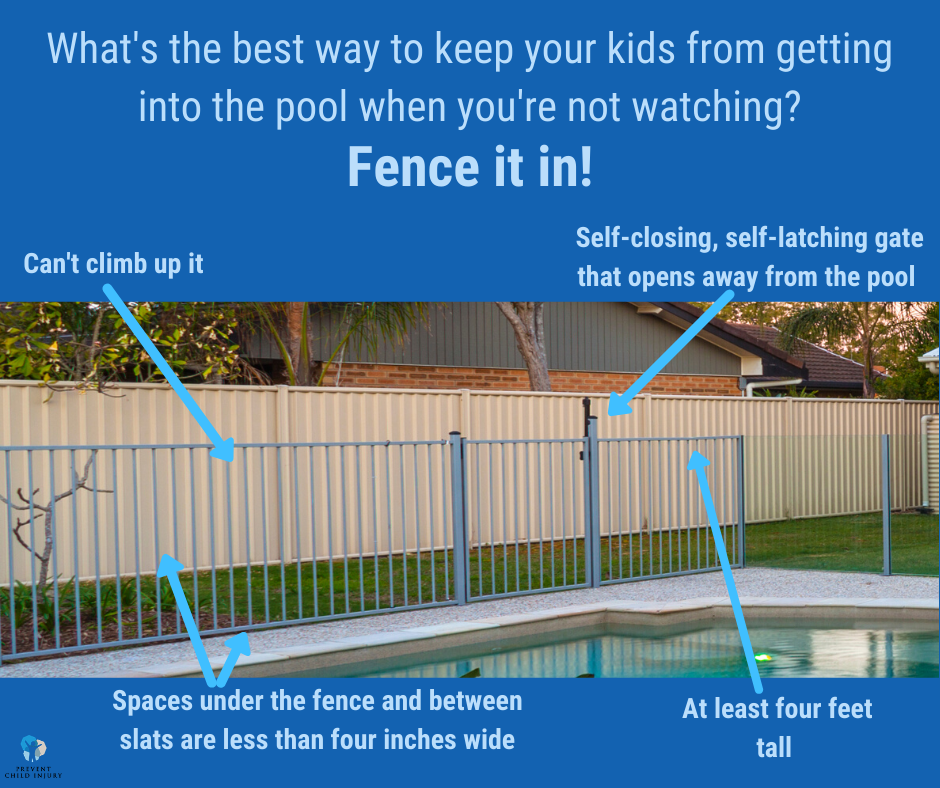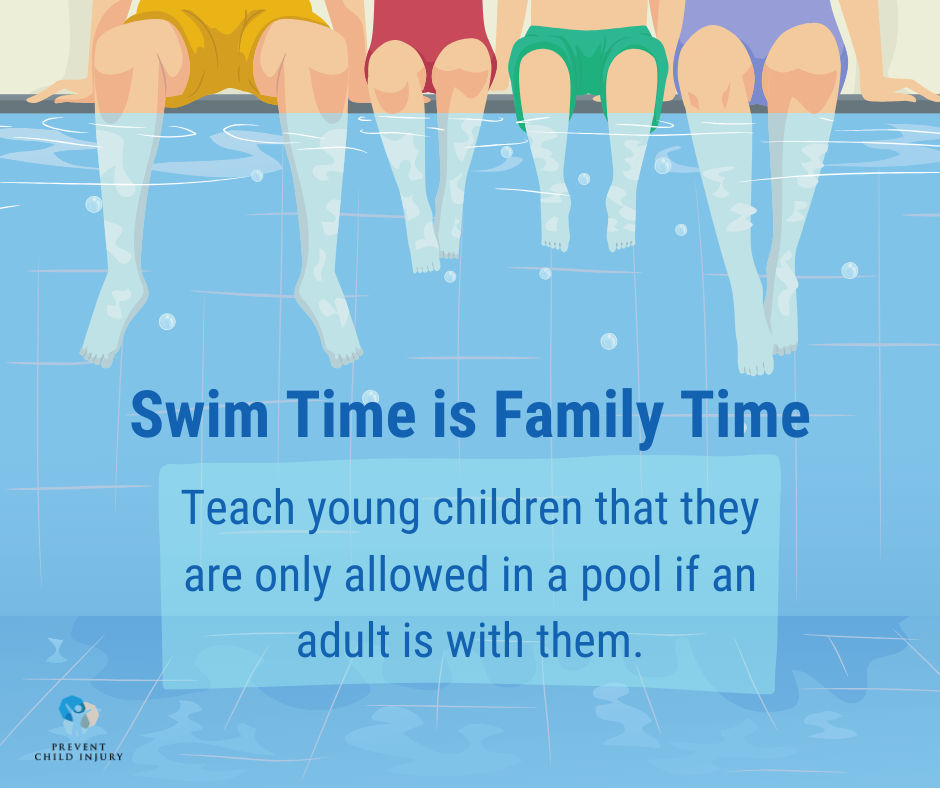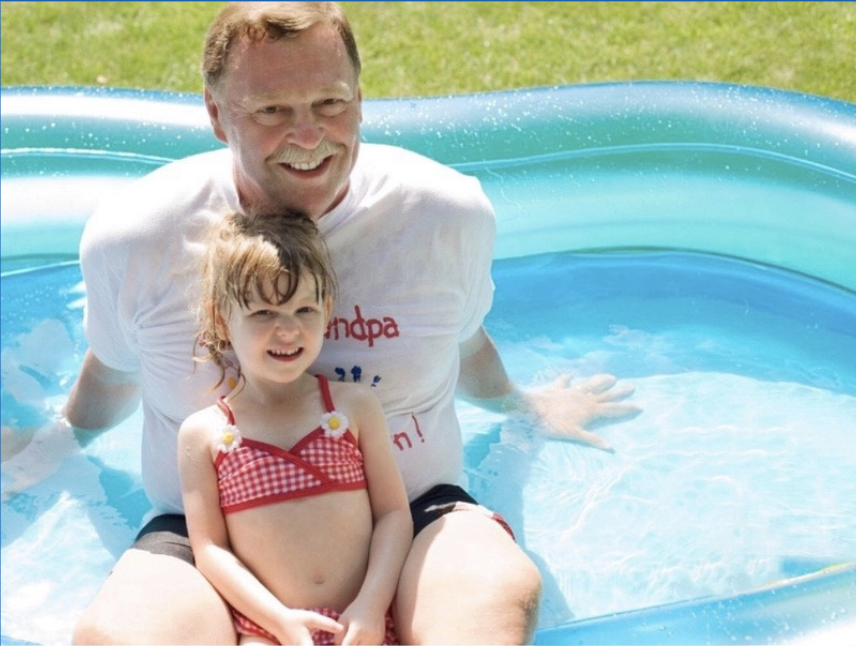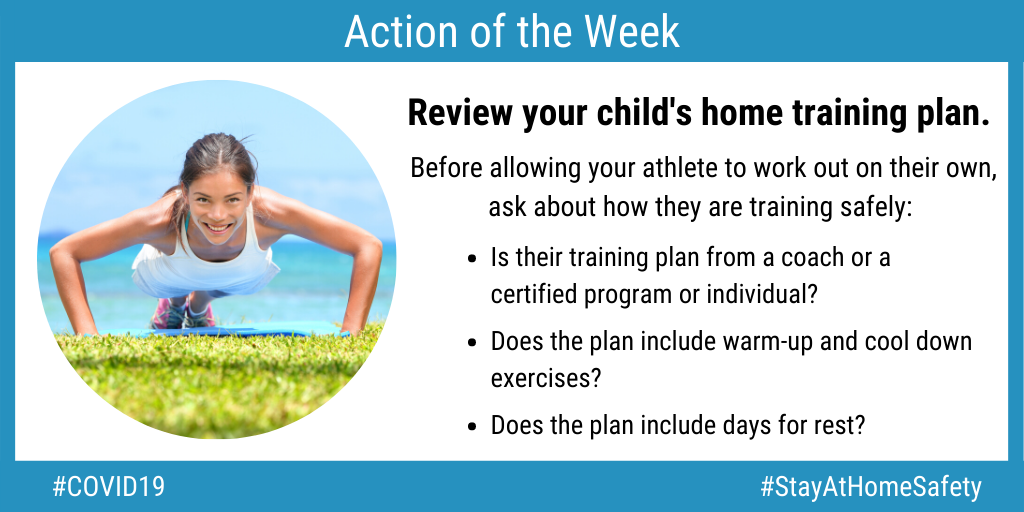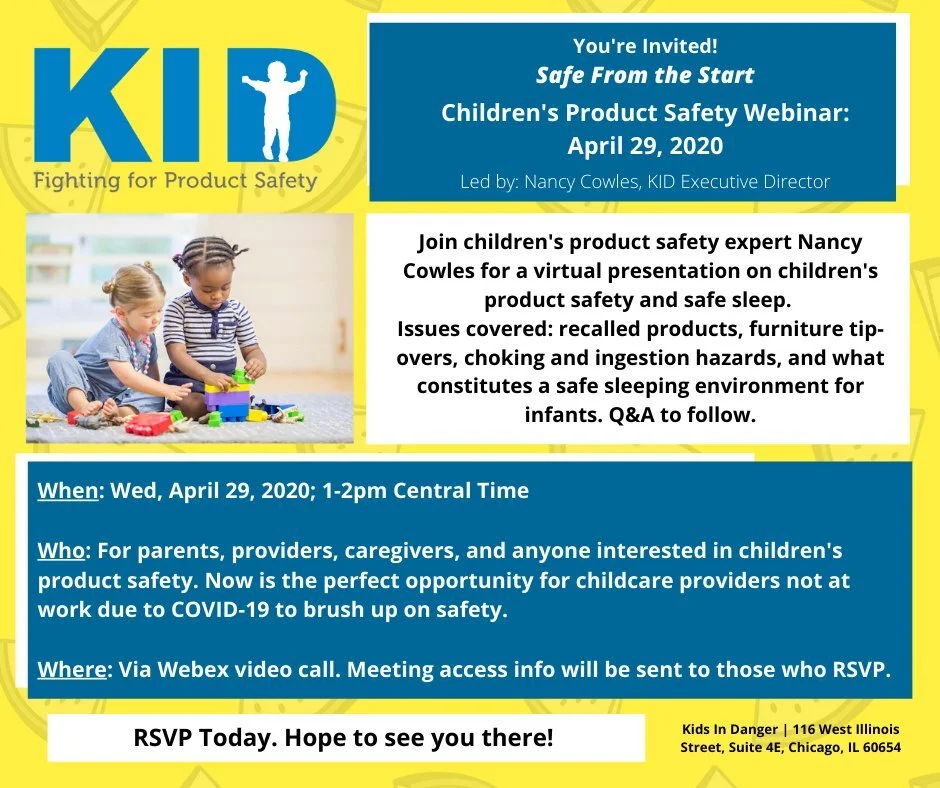July 2021: Fireworks
/Family picnics, pool parties, and fireworks shows are on everyone’s minds as summer ramps up. While lighting fireworks (like sparklers, Roman candles, and bottle rockets) in the backyard might seem like a festive way to celebrate, thousands of adults, teens, and children need treatment in an emergency department every year due to fireworks-related injuries.
Remember that there is no such thing as a “safe” firework, because firecrackers, sparklers, and bottle rockets cause hundreds of injuries every year. Even if fireworks are legal in your community, backyard fireworks are still very dangerous and should not be used. Keep the celebrations injury-free this year by keeping these tips in mind:
Leave it to the professionals and watch fireworks from a distance. Sit back, relax, and enjoy the display!
Never give young children sparklers. Sparklers burn at dangerously high temperatures and can quickly burn the skin and ignite clothing.
Get creative and come up with alternatives to fireworks. Blowing bubbles, waving flags, cracking glow sticks, and shooting off confetti are all fun and safe activities for kids.
Fireworks Safety Resources
Fireworks Safety (Video) – U.S. Consumer Product Safety Commission
Your Child’s Sight: Fireworks Safety – Prevent Blindness
4th of July Safety – Kids First Pediatrics
Take Action
Every month, we are promoting a new action that each family can take to keep their children safer. This month, we want every family to take a few minutes to mark a 3-foot "No Kids Zone" around your grill with tape, paint, or chalk. Ask everyone to help enforce the 3-foot rule to keep kids (and pets) safe around the grill.
Follow along every month for a new action, and share with us how you're preventing child injury in your home!
Coming Up
On Our Twitter Calendar
June 28 - July 4: Fireworks Safety Month
July 5 - 11: Open Water Safety
July 12 - 18: Fall Sports and Marching Band Readiness
July 19 - 25: Outreach Week: Sun Safety Toolkit
July 26 - August 1: Pediatric Vehicular Heatstroke Awareness, National Heatstroke Prevention Day
Events
Training: Summer Media Institute (Media 101, Media 201, Social Media)
Hosted by: Center for Injury Research and Policy at Nationwide Children’s Hospital
Date/Time: July 13 - 15
The Center for Injury Research and Policy at Nationwide Children’s Hospital is hosting a Summer Media Institute consisting of three online workshops for public health professionals . Trainings include:
· Media 101: Beginner’s Guide to Working with the Media
· Media 201: Mastering Your Messaging and Owning Your Interview
· Social Media: Public Health in the Digital Age
Each training is a one-day, four-hour online workshop. Discounts are available for attending multiple trainings. Up tp 10 CHES credits available. Click here for details and to register. Space is limited, so we encourage you to register now. Please emailLaura.Dattner@NationwideChildrens.org with any questions.
